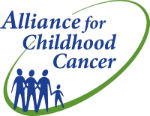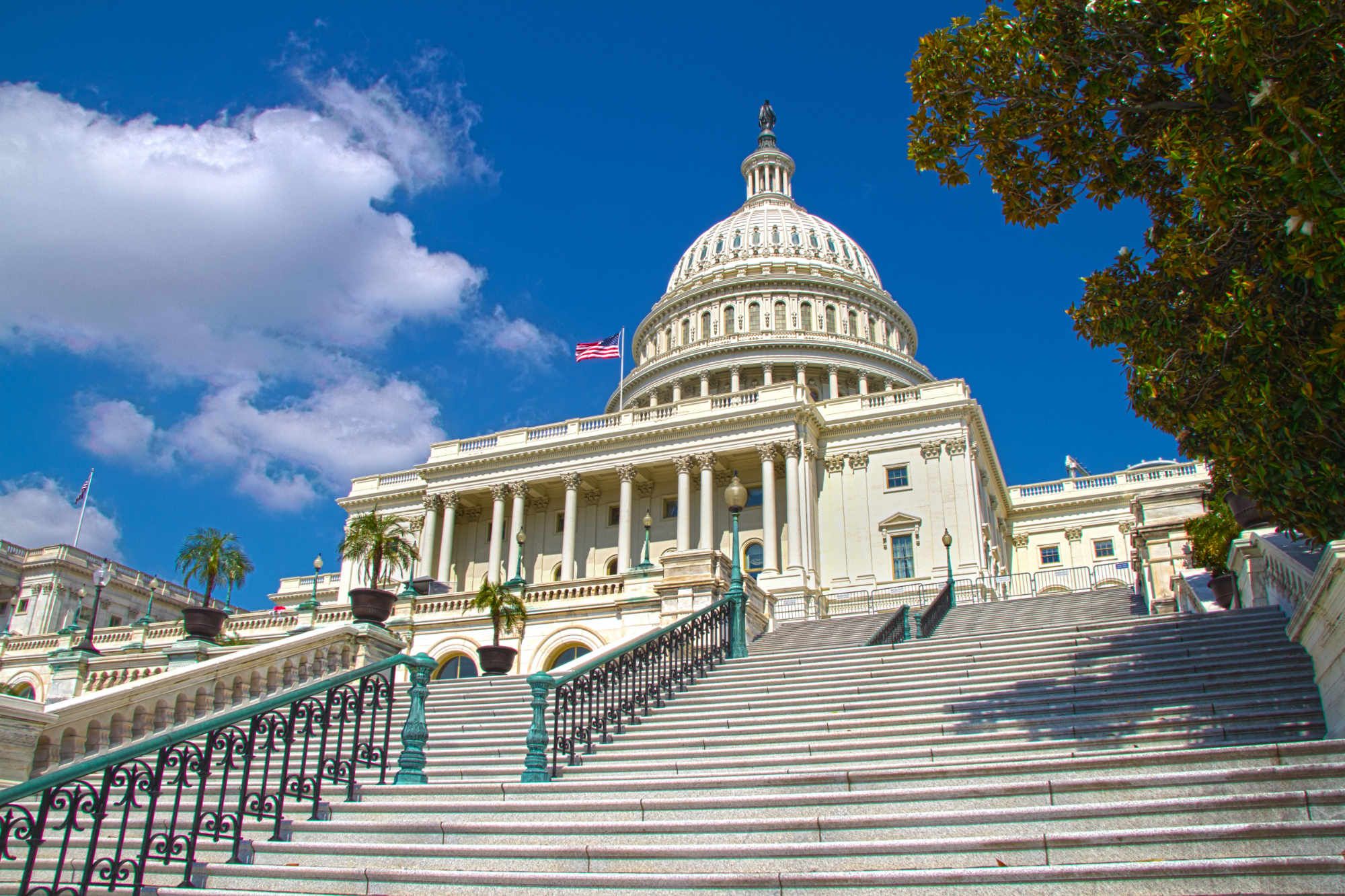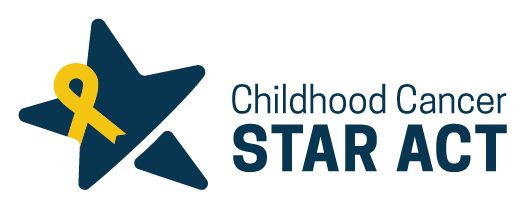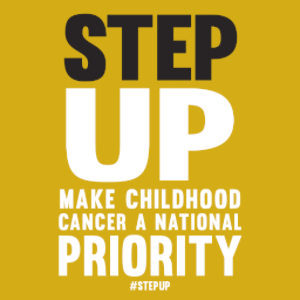April 28, 2017
The Honorable Lamar Alexander
Chairman
Health, Education Labor, and
Pensions Committee
U.S. Senate
455 Dirksen Senate Office Building
Washington, DC 20510
The Honorable Patty Murray
Ranking Member
Health, Education Labor, and
Pensions Committee
U.S. Senate
154 Russell Senate Office Building
Washington, D.C. 20510
The Honorable Greg Walden
Chairman
Energy and Commerce Committee
2185 Rayburn House Office Building
Washington, DC 20515
The Honorable Frank Pallone
Ranking Member
Energy and Commerce Committee
237 Cannon House Office Building
Washington, DC 20515
Dear Chairman Alexander, Ranking Member Murray, Chairman Walden, and Ranking Member Pallone:
The undersigned members of the Alliance for Childhood Cancer (Alliance), a coalition of national patient advocacy groups and professional medical and scientific organizations working to promote policies to improve the diagnosis, treatment and survivorship care for children and adolescents with cancer, write in response to the April 14th request for input on the Discussion Draft of Prescription Drug User Fees Reauthorization of 2017.
We believe it is critical that the needs of children suffering from cancer, now and in the years to come are addressed as part of this legislation as childhood cancer remains the leading cause of disease-related death of U.S. children despite advances in survival rates for some types of childhood cancer.
Childhood cancer provides little market incentive for the pharmaceutical industry to develop pediatric oncology drugs because the population of those impacted is comparatively small. Since 1997, there were 182 cancer drugs approved by the FDA for adult indication in comparison to 3 new drugs approved for a pediatric cancer indication. Therefore, the majority of children with cancer are currently treated with drugs that were developed in the 1960’s 70’s and 80’s for adults and not with the unique needs of children in mind. Research documents that two-thirds of children treated with these agents suffer chronic health conditions with one quarter being classified as severe to life-threatening late effects of treatment.
Congress recognized the need to address pediatric drug development by enacting the Best Pharmaceuticals for Children Act (BPCA) and Pediatric Research Equity Act (PREA) which have yielded important treatment information for many children’s diseases. However, these statutes have some widely recognized deficiencies identified by the pediatric oncology research community and acknowledged by the FDA. While BPCA has had a somewhat positive but modest impact on childhood cancer research, PREA has had virtually no impact on pediatric studies of adult cancer drugs, since adult cancers are excluded from requirements either due to orphan status or are indications that are determined to be irrelevant to children. For this reason, the Alliance strongly supports the Research to Accelerate Cures and Equity (RACE) for Children Act (S. 456/H.R. 1231).
BPCA was developed to increase the number of drugs that, while developed for adults, would also be evaluated in children. Unfortunately, BPCA studies are often not completed until many years after the approval of the adult indication, necessitating requirements for earlier submissions of study plans. Furthermore, there is no information available on the status of ongoing or proposed BPCA studies; which is critical information for researchers and patients.
The promise of the PREA requirement that drug sponsors conduct pediatric assessments on drugs developed for adults has never been realized. Currently, FDA has the authority to require studies under PREA in children only for the “claimed indications” in adults. Therefore, if the adult indication is not relevant in children, FDA will waive the PREA requirement for that drug. The majority of drugs developed to treat adult indications are for “the big four” types of adult cancer – i.e., breast, prostate, lung and colon cancer. Children do not develop breast, prostate, lung and colon cancer so drugs that could potentially still successfully treat childhood cancer on a molecular level are exempt from testing in children. An equally significant limitation of PREA is that all drugs for orphan indications are exempt from pediatric study requirements. The practical consequence of these exemptions is that no drugs have been assessed in children as a result of PREA.
Together, the gaps in PREA restrict access to promising new therapies and the lapse in BPCA plan submissions delays their access. This was not the expectation of childhood cancer families and researchers, nor do we believe it was the intent of Congress.
The RACE for Children Act provides for revisions to BPCA and PREA to maximize the development of cancer therapies specifically for children. The bill recognizes a modernized interpretation of when pediatric cancer trials should be required, consistent with current molecularly based research. In addition to the critical provisions of the RACE Act, the Alliance is also eager to work with the HELP Committee to ensure that a provision relating to the transparency of written requests issued under BPCA is included. The Alliance strongly recommends that written requests should be made public upon issuance, with all reasonable precautions taken to assure the protection of proprietary information. These changes will improve the effectiveness of these statues and improve the availability of therapeutic treatments for children with cancer.
Revisions to BPCA and PREA have been addressed in past user fee reauthorizations and it is our hope and expectation that the pending reauthorization provides both an appropriate and valuable opportunity to incorporate the revisions embodied in the RACE Act to advance treatments for children suffering from cancer. The lives of our nation’s children with cancer are depending on it.
In that pursuit we have commanded broad support across the pediatric cancer community and enjoyed Congressional and FDA support and collaboration. As Congress begins deliberations on the next user fee reauthorization we strongly urge incorporation of the RACE for Children Act provisions that will make the needed changes to BPCA and PREA to comprehensively address the needs of children with cancer. We look forward to continuing to work with you and your staff to incorporate these provisions as Congress considers user fee legislation in 2017.
Sincerely,
American Cancer Society Cancer Action Network
American Childhood Cancer Organization
American Society of Clinical Oncology
American Society of Pediatric Hematology/Oncology
Association of Pediatric Oncology Social Workers
B+ Foundation
Children’s Cause for Cancer Advocacy
Children’s Brain Tumor Foundation
CureSearch for Children’s Cancer
Mattie Miracle Cancer Foundation
National Brain Tumor Society
Pediatric Brain Tumor Foundation
Rally Foundation for Childhood Cancer Research
St. Baldrick’s Foundation
The National Children's Cancer Society



